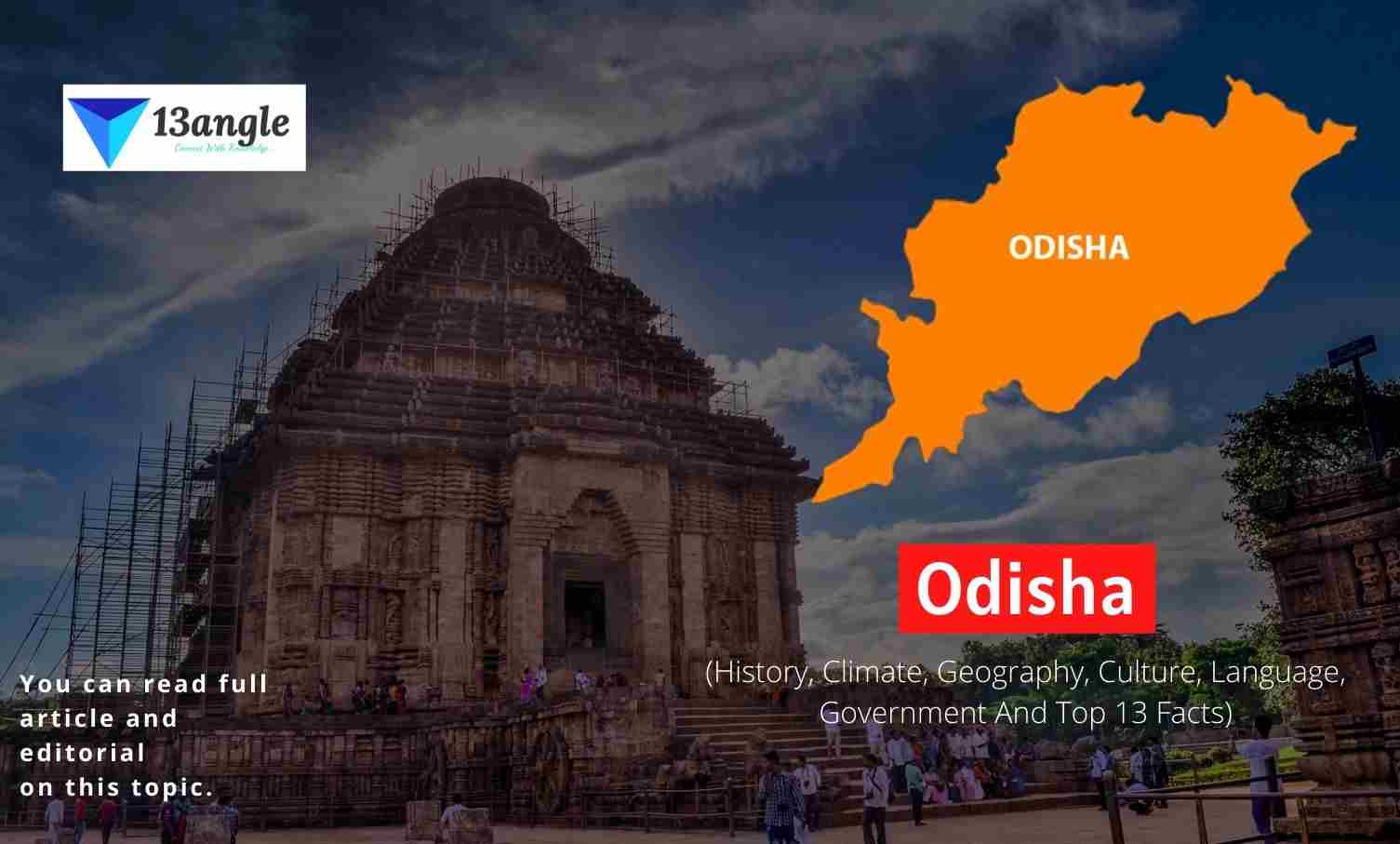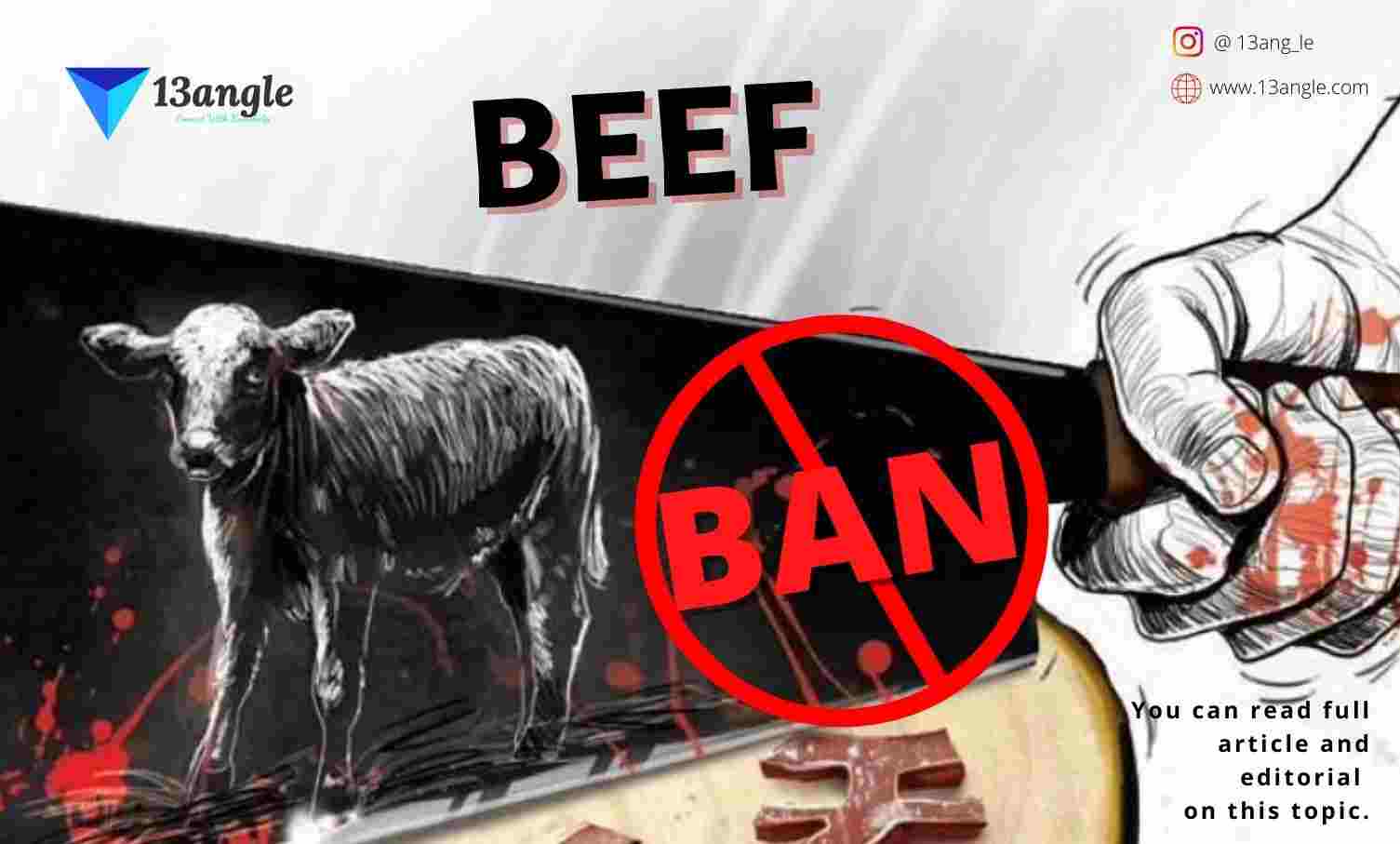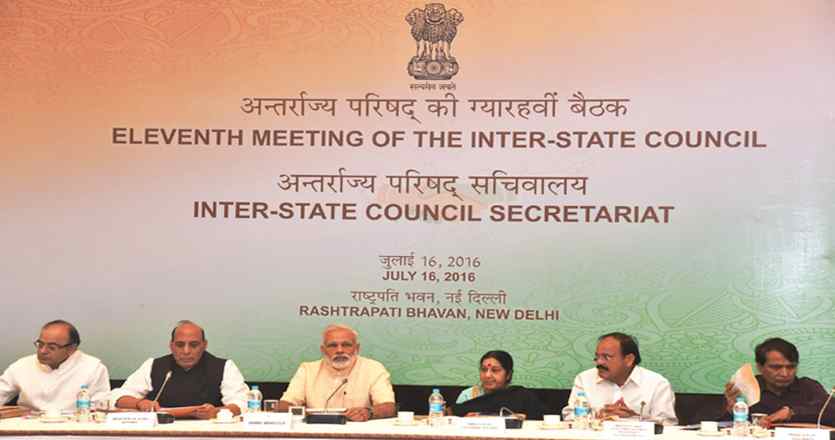
Introduction
Only if the federal and state governments work together can the country prosper. The upkeep of the federation is fraught with difficulties. It is necessary to conduct regular debates and discussions for the system to work correctly.
The Inter-State Council is not a permanent constitutional entity; the President can convene it at any moment if he believes it will enhance the public interest. It was established for the first time in 1990 by presidential decree in response to the recommendations of the Sarkaria Commission of the Ministry of Home Affairs. Since April 1, 2011, the secretarial functions of the Zonal Councils have been transferred to the Inter-State Council Secretariat.
The Inter-State Council is a platform for international collaboration, coordination, and policy formation. The inter-state council will convene three times a year, according to the plan. However, it has only convened 11 times in 26 years. After a ten-year hiatus, the most recent assembly was convened in Delhi in July 2016.
The Inter-State Council's Members
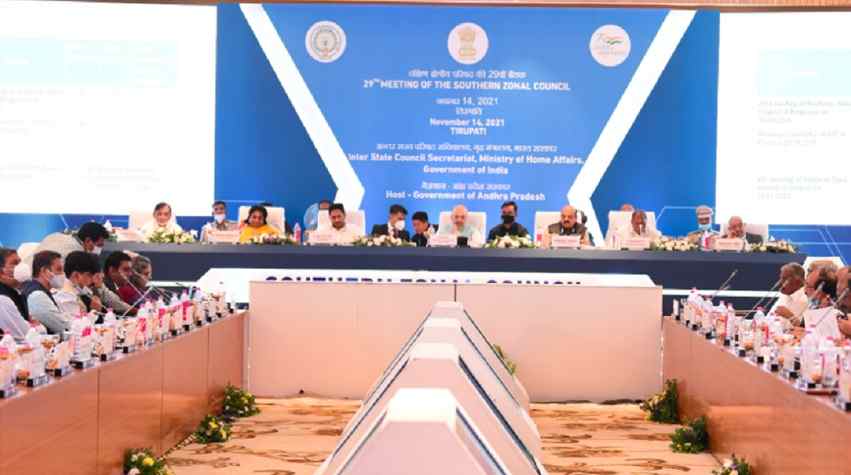
Members of the Union Cabinet who are Ministers of the Union are: –
- Prime Minister
- A Ministerial Council is appointed by the Prime Minister.
- All the governors of the states.
- Union Territories’ Chief Ministers with Legislative Assembly
- Governors of states without a legislative assembly.
- Governors of the states in which the President is in charge.
The Inter-State Council's Functions
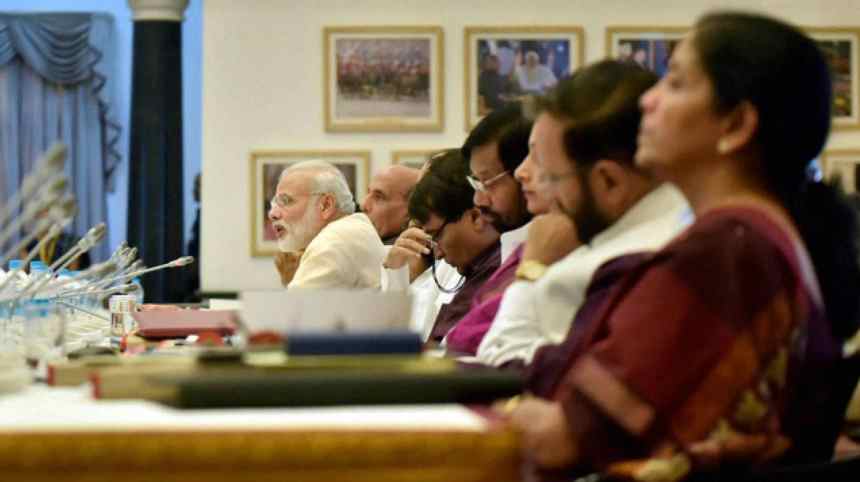
Examining and advising on any possible inter-state conflicts.
Investigating and discussing topics that affect all the states in the union.
Making proposals for greater policy and active collaboration on any of these subjects.
Highlights From The 11th Meeting Of The Inter-State Council
Take the recommendations of the Punchhi Commission on Centre-State Relations into consideration.
Subsidies, benefits, and public services are provided via Aadhaar and DBT.
Improving educational quality by, among other things, emphasizing improved learning outcomes and rewarding greater success.
Internal security, with a focus on intelligence sharing and synchronization in the fight against terrorism and insurgency, as well as police reform and modernization.
The Current Structure Of Each Zonal Council
- Haryana, Himachal Pradesh, Punjab, Rajasthan, the National Capital Region of Delhi, the Union Territory of Chandigarh, the Union Territory of Jammu and Kashmir, and the Union Territory of Ladakh make up the Northern Regional Council. The states of Chhattisgarh, Uttarakhand, Uttar Pradesh, and Madhya Pradesh make up the Central Zonal Council. Bihar, Jharkhand, Odisha, and West Bengal make up the Eastern Regional Council, Gujarat, Maharashtra, and the Union Territories of Dadra and Nagar Haveli, as well as Daman and Diu, make up the Western Zonal Council. Andhra Pradesh, Karnataka, Kerala, Tamil Nadu, Telangana, and the Union Territory of Puducherry make up the Southern Zonal Council.
History
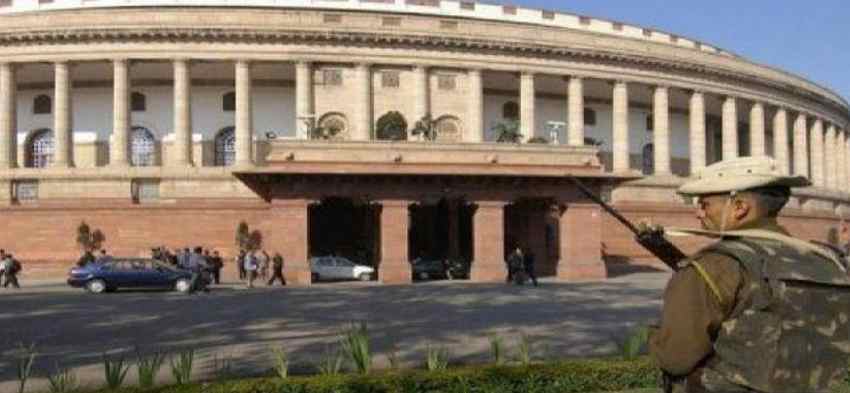
1. Commission of Sarkaria
The government established a Commission under the chairmanship of Justice R.S. Sarkaria, with Shri B. Sivaraman and Dr. S.R. Sen as members, to review the working of the existing arrangements between the Union and the States in the changed socio-economic scenario, according to a Ministry of Home Affairs document dated June 9, 1983.
2. The Commission’s reference terms, according to the statement, were as follows:
In all areas, the Commission will investigate and analyze present arrangements between the Union and the States in terms of authorities, functions, and duties, and make any necessary adjustments or suggestions. The Commission will take into consideration the social and economic developments that have occurred over time while analyzing and assessing the functioning of the current arrangements between the Union and the States and making recommendations for necessary modifications and actions. After completing various investigations, gathering material, having meetings, and deliberating extensively, the Commission published its 1600-page report in January 1988. The study, which is divided into 19 chapters, has 247 suggestions.
3. The Commission’s key suggestions for the Inter-State Council and its Secretariat were as follows:
The Council should be granted broad competence over all aspects of Article 263 sections (b) and (c). The Council should not be permitted to examine and provide advice on inter-state matters.
The Council will be unable to maintain its integrity without an independent permanent secretariat. Considering the nature of meetings and the number of attendances, the Council Secretariat should be appropriately staffed and shown on the Union Cabinet Secretariat.
The Punchhi Commission (Punchhi Commission) is a government-run organization. On April 27, 2007, the Indian government established a Commission on Centre-State Relations, chaired by former Chief Justice of India Justice Madan Mohan Punchhi, to investigate new issues of Centre-State relations, considering changes in India’s polity and economy since the Sarkaria Commission last investigated the issue over two decades ago.
The Commission investigated and reviewed existing Union-State agreements, as well as various Court pronouncements on powers, functions, and responsibilities in a variety of areas, including legislative relations, administrative relations, governors’ roles, emergency provisions, financial relations, economic and social planning, Panchayati Raj institutions, and resource sharing, including inter-state river water. In its seven-volume report, which was handed to the government on March 30, 2010, the Commission offered 273 recommendations.
4. The Inter-State Council is making a comeback.
Prime Minister Narendra Modi presided over the 11th meeting of the Inter-State Council at Rashtrapati Bhavan after an 11-year hiatus. The meeting also discussed the role of governors, better state implementation of central schemes, measures to involve states more closely in service planning and delivery, and steps to make the Inter-State Council more decisive and directed toward better fiscal management, according to sources in the home ministry. A detailed investigation was conducted into the governor’s participation in awarding a prosecutor’s sentence to a member of the council of ministers.
In the next years, a revitalized Inter-State Council will be critical, especially as its members are the political leaders of their respective nations. A council is presently merely a discussion group, but in the future, it should play a bigger role in federal collaboration. The GST council has a one-of-a-kind voting system, with the Union government receiving one-third of the vote and the states equally dividing the remaining votes, regardless of population or economic size. One potential for a more powerful Inter-State Council is this.
5. Highlights from the 11th Meeting of the Inter-State Council
Take the suggestions of the Punchhi Commission on Centre-State Relations into consideration. Subsidies, benefits, and public services are all provided via Aadhaar and DBT. Improving educational quality by, among other things, emphasizing improved learning outcomes and rewarding greater performance. Internal security, including police reform and modernization, with a focus on sharing and synchronizing intelligence in the fight against terrorism and insurgency. The Inter-State Council Secretariat has considered all the ideas. The Inter-State Council Standing Committee and the Central Ministries/Departments will investigate the ideas further. Because India is a federal republic, the center, and the states must collaborate on a variety of issues including politics, administration, and governance. The three lists in Schedule7, the Union list, State list, and Concurrent List, explicitly explain the separation of authorities to avoid complications. Two other mechanisms/discussion platforms for dispute settlement between the Center and States are the Inter-State Council and the National Development Council.
Difference Between The Inter-state Council And The National Development Council (NDC)
1. Inter-State Council:-
- Body Constitutive (Article 263)
- In line with the recommendations of the Sarkaria Commission (1983).
- The band was created in 1990.
- Conduct research and hold talks on topics that are of mutual interest to the Union and one or more states, or between states.
- The Inter-State Council’s present membership is as follows:
- Prime Minister (Chairman).
- All governors and chief ministers of states.
- Governors of states under President’s Rule (Governor’s Rule in J&K), Chief Ministers of Union Territories with Legislative Assemblies, and Administrators of UTs without Legislative Assemblies. The Prime Minister must nominate six Cabinet Ministers to the Union Council of Ministers
- The Cabinet consists of four Permanent Invitees.
2. The National Development Council (NDC) is a government-run organization dedicated to economic growth.
- It is unconstitutional and illegitimate.
- Rashtriya Vikas Parishad is another name for the Rashtriya Vikas Parishad.
- It was founded on the 6th of August 1952.
- The NDC’s goal is to mobilize and increase the nation’s effort and resources in support of the Plan.
- India’s Prime Minister chairs the National Development Council, which consists of all Union Ministers, Chief Ministers of all States, Administrators of Union Territories, and Members of the Planning Commission. Ministers of State with different portfolios are also welcome to participate in the debates of the Council.
Other Inter-State Cooperation Initiatives
- Another legislative entity that promotes inter-state collaboration is the zonal council. River Waters Tribunals should also be included. Aspirants should also carefully consider the recommendations of the Sarkaria and Punchi commissions.
Conclusion
Disagreements, disputes, and controversies are inescapable in a federal system when powers are divided between two levels of government. As a result, the federal system’s relationship between the center and the states is always precarious. Finally, no one can reject or dispute the importance of establishing a permanent system to address any disputes that may develop between the Centre and one or more States, as well as between the States. As a result, the Inter-State Council should be established as soon as possible. The Prime Minister and the Chief Ministers of the various states should be on it. Since its founding in 1990, the Inter-State Council has only convened 12 times, which is a sad reality. The council reconvened in November 2017 after a ten-year hiatus between the 10th meeting in 2006 and the 11th meeting in 2016. If the Inter-State Council wants to become the dominant organization for resolving inter-state disputes, it must first establish a regular meeting schedule. A permanent secretariat for the council is also necessary, which will improve the effectiveness of the council’s periodic sessions. The Indian union now has a clear institutional defect that must be remedied before inter-state disputes intensify.
The Prime Minister should serve as Chairman, but the Council should also include a Vice-Chairman, who should be chosen yearly from among the Chief Ministers in alphabetical order by state name. The Council should convene regularly, ideally before the start of each legislative session. It should have a secretariat to produce notes and documents on the topics to be addressed during the meetings. In our governance structure, the Council must advise, but a standard for adopting its suggestions should be established as well. Its success depends on both parties confidence in it as well as their willingness to give and take.
Top 13 Interesting Facts About Inter-State Council
The Inter-State Council is a constitutional body that aids in the coordination of states and the federal government.
It is a consulting organization that studies and debates topics that affect all or part of the states or the federal government.
In 1990, a Presidential Order was issued based on the recommendations of the Sarkaria Commission, and it was constituted under Article 263 of the Indian Constitution.
The Inter-state council is not a permanent constitutional organization for cooperation between state and federal governments. Rather, if the President deems it would enhance the public interest, he can create it at any moment.
Six Union Ministers, as well as the Chief Ministers of all states and union territories, are expected to attend (with legislative assemblies).
The administrators of Union Territories without a legislative Assembly are also members of the Council.
The six Union ministers are the Home Minister, Finance Minister, Defense Minister, External Affairs Minister, Minister of Information and Broadcasting, and Minister of Road Transport, Highways, and Shipping.
Prime Minister is the chairman of the commission.
The Standing Committee comprises Union Home Minister as Chairman and 5 Union Ministers of Cabinet Rank, and 9 Chief Ministers of States as Members nominated by the Chairman of the Inter-State Council.
The Inter-State Council’s standing committee is created under the chairmanship of the union home minister.
The Inter-State Council composes of the following members:-
- Prime Minister, Chairman.
- Chief Ministers of all states.
- Chief Ministers of the union territories had legislative assemblies.
- Lieutenant Governors and Administrators of the union territories did not have legislative assemblies.
- 6 Union Cabinet Ministers, including Union Home Minister, are to be nominated by the Prime Minister.
- Governors of the states were administered under the President’s rule.
To keep track of how the Inter-state Council’s proposals are being put into action.
Inter-state Council’s proposals are presented before the Inter-State Council for consideration, all items connected to Centre-State Relations must be processed.

